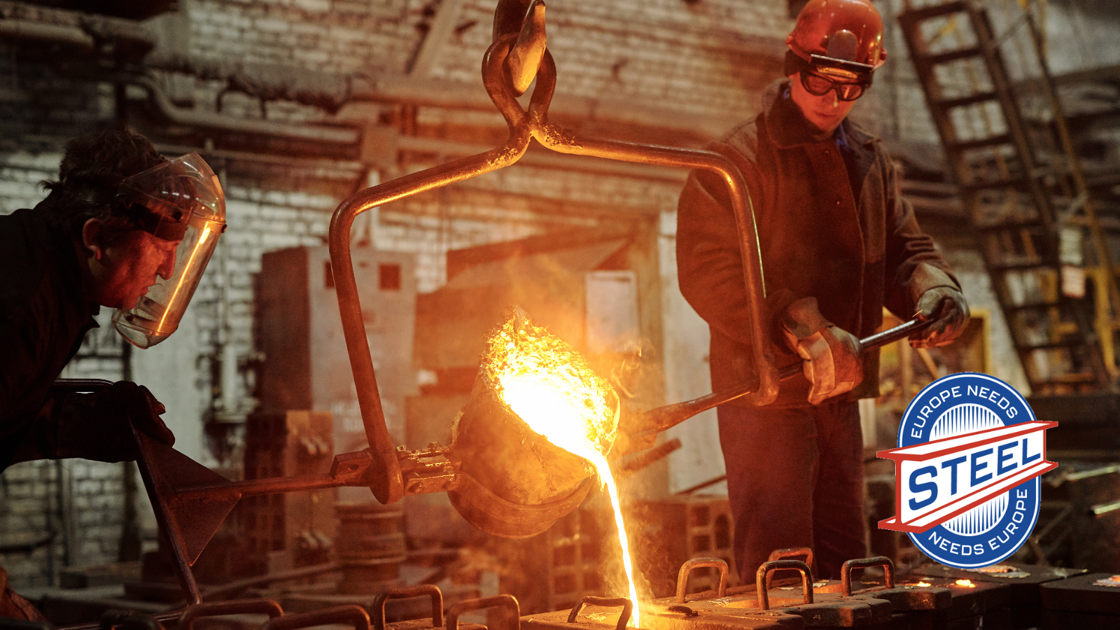Last week, steelworkers at Port Talbot were blindsided yet again after the shock announcement by Tata Steel (UK) that they would cease operations as early as next week. IndustriAll Europe repeats its call for management to engage in genuine negotiations with trade unions to secure a sustainable future for the site and the local community.
The situation facing steelworkers at Port Talbot (Wales) continues to go from bad to worse following Tata Steel’s decision earlier this year to implement its plan to install a 3mt electric arc furnace resulting in a major production cut and up to 3,000 job losses before 2027. On Friday,, steel workers were shocked to learn that production would cease three months ahead of schedule, without proper engagement between management and trade unions.
Judith Kirton‐Darling, General Secretary for industriAll Europe, said:
“Friday's decision by Tata Steel UK is yet another blow to local steel workers and the wider community. The UK has a proud tradition of steel production, which underpins wider manufacturing value chains. We call on Tata’s top management to step up and engage in real quality social dialogue with trade unions to safeguard steel production and protect thousands of jobs. Such a decision, days ahead of a general election, is also deeply problematic.’’
Tata Steel’s plan to opt for the cheapest and quickest option, to move from blast furnace production to electric arc furnace production, and in turn, away from primary steel production, is seen by many as a threat to the UK’s industrial base, especially with a similar announcement made by British Steel which would mean that the UK would no longer be able to produce steel from scratch. This has raised critical questions as to the UK’s ability to produce all grades of steel, and in turn, its strategic autonomy.
The plan, announced earlier this year, is supported by the current Conservative UK government via a £500m grant for the transition, and has been strongly opposed by all three UK trade unions. The UK will elect a new government on 4 July.
Judith Kirton‐Darling, added:
“The decarbonisation of the global steel industry is essential and the UK of course has a role to play. However, trade unions insist that the green transition is a Just Transition and quality social dialogue is at the heart of this. Port Talbot is well placed to become a leader in green steel production if the right decisions and investments are made, but the site needs time for this transition and the decision to cease production so early is bad for both the industry and workers. Urgent talks between the top management and trade unions are needed to ensure both the safety of the plant and a sustainable long-term future for the workers and the local community.’’
